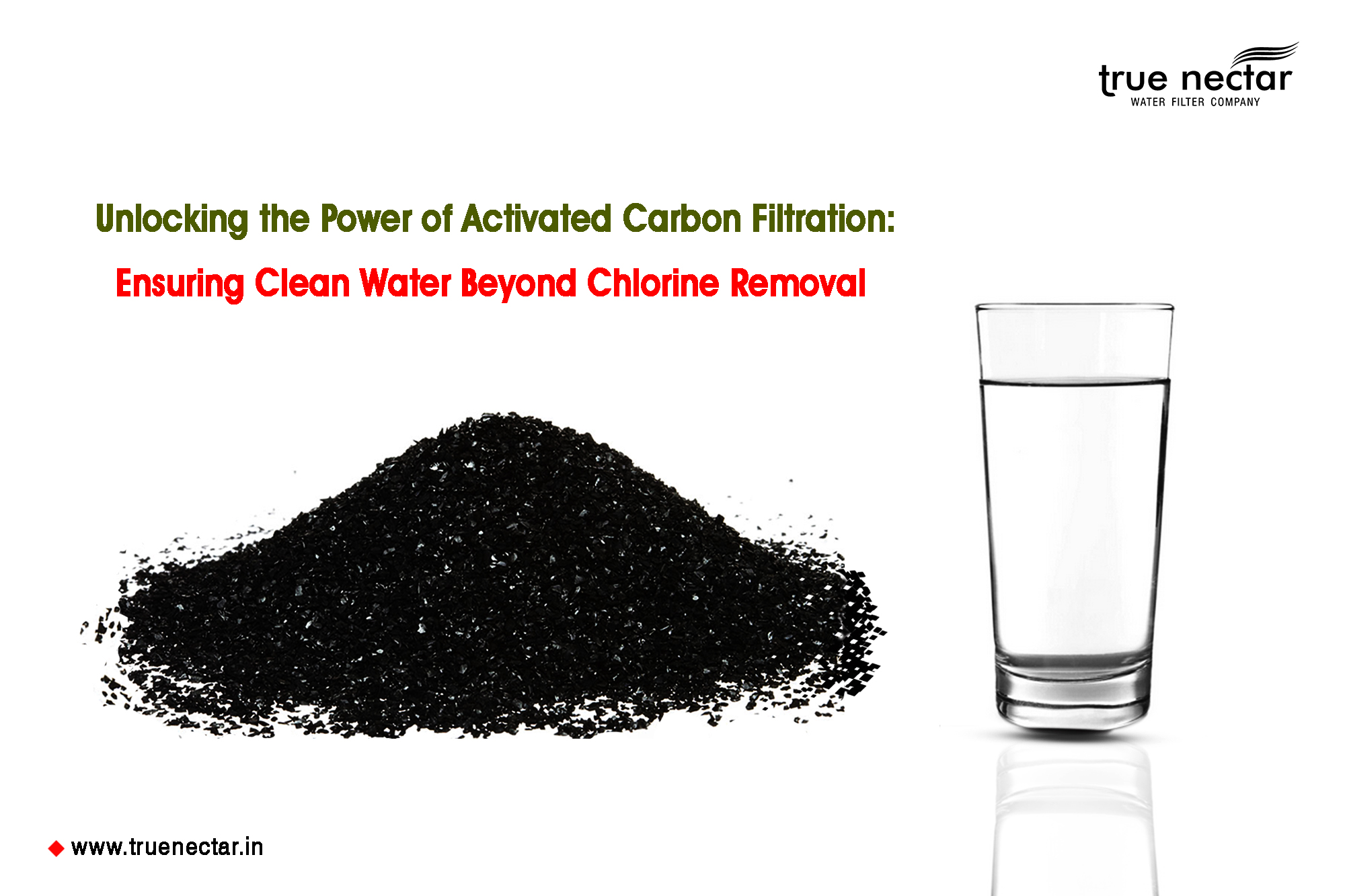Introduction
In the realm of water treatment, activated carbon filtration stands out as a cornerstone method for filtering water and ensuring its safety for consumption. With its ability to effectively remove contaminants through adsorption, activated carbon filters play a vital role in enhancing water quality. Among the myriad of pollutants it targets, chlorine removal stands as a particularly important aspect due to its prevalence in municipal water supplies and its potential adverse effects on health and taste. Let’s delve into the world of activated carbon filtration and explore why it’s essential for eliminating chlorine from our water.
What is Activated Carbon Filtration?
Activated carbon filtration involves the use of activated carbon, also known as activated charcoal, to purify water. This porous material boasts an extensive surface area, providing ample space for contaminants to adhere to its surface. Through an adsorption process, impurities such as chlorine, volatile organic compounds (VOCs), pesticides, and odors are trapped within the carbon’s pores as water flows through the filter.
The Importance of Activated Carbon Filters in Chlorine Removal
Adsorption Mechanism:
Activated carbon’s porous structure allows it to effectively trap chlorine molecules as water passes through the filter. By providing numerous binding sites, activated carbon ensures thorough removal of chlorine, safeguarding water quality.
Chemical Reaction:
Moreover, activated carbon facilitates a catalytic reduction reaction with chlorine and chloramine, neutralizing these disinfectants. This chemical process involves a transfer of electrons from the activated carbon surface to the residual disinfectants, rendering them harmless and eliminating any lingering taste or odor.
Reduction of Odor and Taste:
Chlorine is notorious for imparting an unpleasant taste and odor to water. Activated carbon filters not only remove chlorine molecules but also eliminate the associated taste and odor, resulting in cleaner and more palatable water.
Comprehensive Filtration:
Beyond chlorine, activated carbon filters excel at removing a wide array of contaminants, including VOCs, pesticides, herbicides, and various chemicals. This comprehensive filtration capability ensures that water is not only free from chlorine but also from other potentially harmful substances, further enhancing its safety and quality.
Versatility:
Activated carbon filters come in various configurations, making them suitable for different water treatment needs. Whether used inside water purifiers for drinking water or integrated into whole-house filtration systems, their versatility allows for flexible and customizable solutions tailored to specific requirements.
Conclusion
To sum up, activated carbon filtration emerges as a cornerstone of water treatment, offering effective chlorine removal and comprehensive filtration capabilities. With its ability to enhance water quality and ensure safety for consumption, activated carbon filters play a vital role in safeguarding health and well-being.
For those seeking the best activated carbon filters and water filtration systems in Kerala, look no further than True Nectar. With a commitment to quality and excellence, True Nectar provides the best filtration solutions tailored to meet your specific needs. Whether you require specific activated carbon filters for general purposes or comprehensive whole-house filtration systems, True Nectar offers reliable products and expert guidance to ensure clean, healthy, and chlorine-free water for you and your family.
Contact True Nectar today to experience the benefits of premium activated carbon filtration and elevate your water quality to new heights.
Also Know: The Importance of a Comprehensive Water Analysis Report
Contact Us:
For inquiries and consultation, contact True Nectar at:
Phone: +91-8606207917 | +91-9044882233
Website: www.truenectar.in
Connect with Us: Follow us on Facebook for updates and reviews: True Nectar Facebook Page
Find Us on Google: Explore more about us on Google Maps: True Nectar on Google Maps
